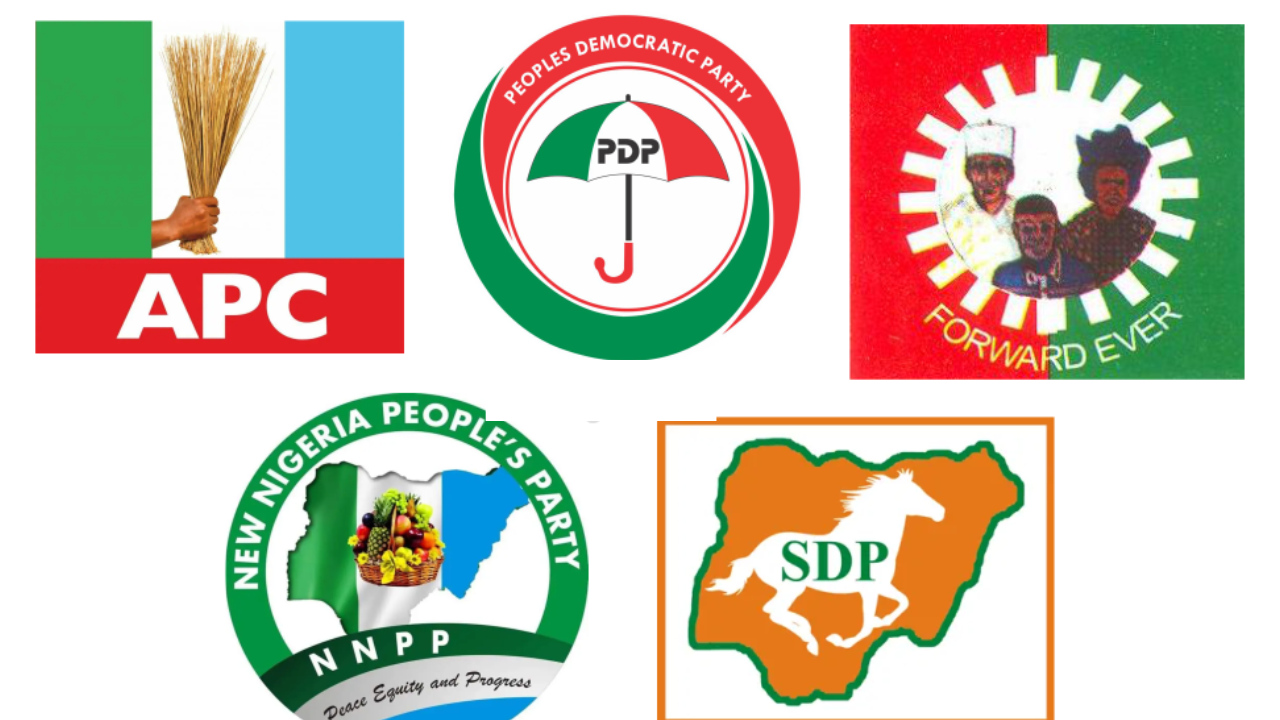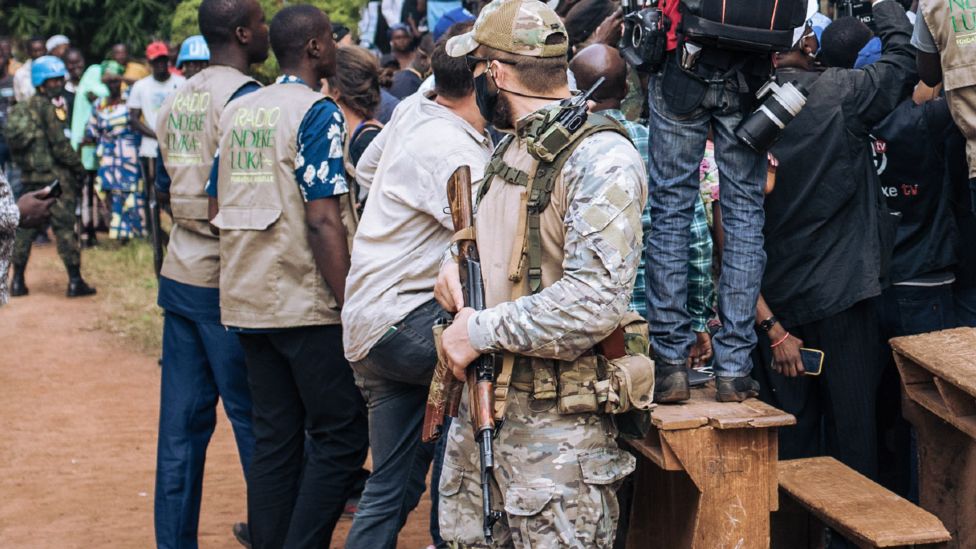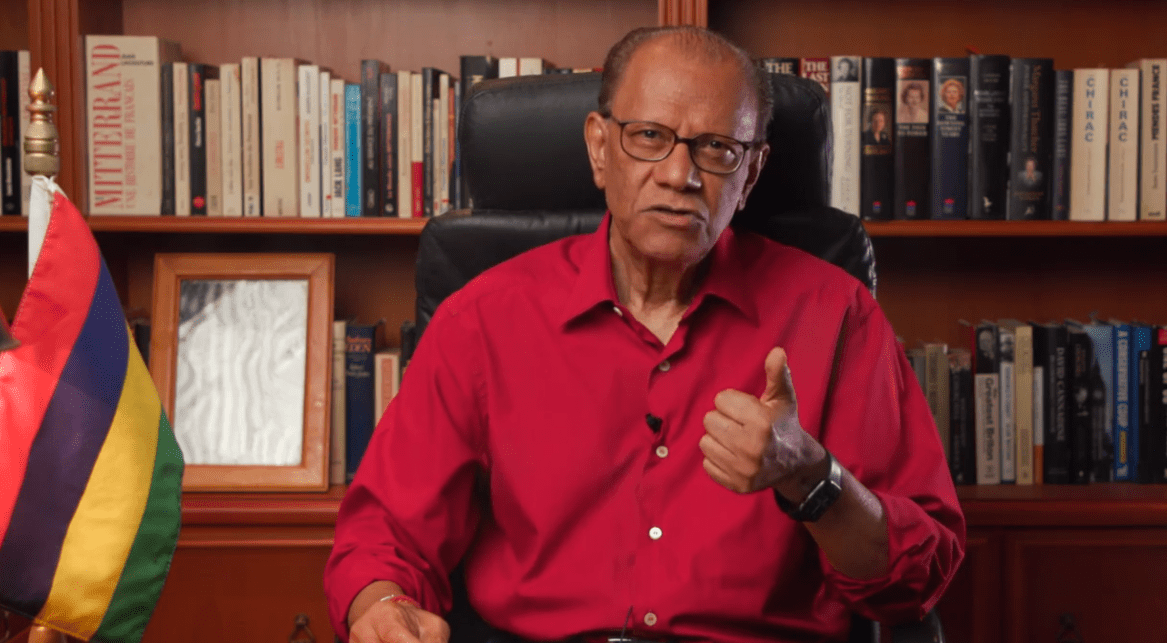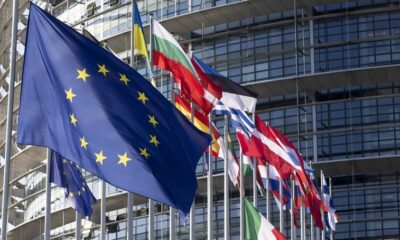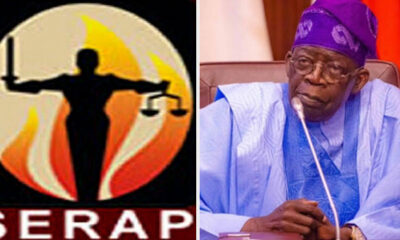Opposition parties in Nigeria may have begun plans for the next general election in 2027, as the Labour Party has applauded the call for a united opposition force by a former Vice President of Nigeria and candidate of the Peoples Democratic Party in the 2023 general elections, Atiku Abubakar.
The Labour Party described Abubakar’s merger proposal as a good one that should be considered, while the New Nigeria People’s Party (NNPP) which had former governor of Kano State, Rabiu Kwankwaso as its 2023 presidential candidate, gave its conditions for possible merger.
The reactions of the LP and NNPP followed a call by Abubakar on Tuesday, while hosting the National Executive Committee of the Inter-Party Advisory Council of Nigeria, that opposition parties should enter a merger to dislodge the APC from power.
The former vice president warned against the likelihood of Nigeria slipping into a one-party state. “We have all seen how the APC is increasingly turning Nigeria into a dictatorship of one party. If we don’t come together to challenge what the ruling party is trying to create, our democracy will suffer for it, and the consequences of it will affect the generations yet unborn,” Abubakar warned.
LP’s acting National Publicity Secretary, Obiora Ifoh, in an interview on Wednesday, described Atiku’s call as a good proposition that should be considered by every Nigerian.
Ifoh said, “Atiku’s call is a proposition, and every Nigerian will consider a good proposition that is meant to remove the Octopus in power because they are not democrats.
“Every Nigerian is interested in having a true democracy. What we have now is far away from democracy. So, if there is a preposition by opposition elements to ensure that democracy is installed, why not? That proposition must be given some thought. Anything that will make Nigerians witness democracy is accepted.”
On its part, the NNPP’s National Publicity Secretary, Yakubu Shendam, said any merger being considered must be to support Kwankwaso towards becoming president; otherwise, the NNPP was not interested.
Shendam said, “This is like medicine after death. If there is any future collaboration, it should not be as a result of emotions. We are going all along because we have a gladiator who can take over Nigeria.
“We believe that there is a need to canvass for support from people to win the election, from all sides. However, we believe that Kwankwaso can deliver Nigeria in 2027”.
Atiku’s call for opposition parties to unite against the ruling party, however, did not move or threaten the ruling APC, according to the party. “How and why should we be threatened?” asked Bala Ibrahim, the party’s director of publicity. “Both the public and the legal system have denigrated Atiku. What kind of resources do Atiku and his party possess to make the ruling party feel threatened?”Ibrahim queried.
“The PDP, as far as Nigeria is concerned, is inconsequential. Atiku and the PDP do not have the power to instill fear in the ruling party, especially a party that is progressive”, he added.
Historically, ruling parties have hardly been dislodged in elections at all levels of government because of
what is loosely called “the power of incumbency”. Abubakar’s call may be deemed apt by watchers as the current ruling party emerged only after being able to dislodge the then-ruling PDP through the 2013 merger of four political parties: the Action Congress of Nigeria (ACN), the All Nigeria Peoples Party (ANPP), the All Progressives Grand Alliance (APGA), and the Congress for Progressive Change (CPC).
Outside Nigeria, the merger of opposition political parties seems like a favoured strategy. Only on Wednesday, major opposition parties in the Democratic Republic of the Congo announced that consideration was on for the best approach to displace President Felix Tshisekedi in the forthcoming elections and have begun talks in Pretoria with a potential joint candidate to challenge Tshisekedi in the works.
While political mergers have yielded desired results like in the case of Nigeria in 2015, victory is not guaranteed. An instance was the last Gabonese presidential election earlier this year in which major opposition parties adopted a single candidate and consented to support a former minister and university professor, Albert Ondo Ossa but failed to end the 56-year grip of the Bongos in power; although incumbent Ali Bongo was later removed in a military coup as part of the fallout of the election.

